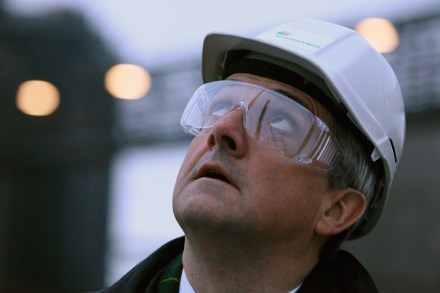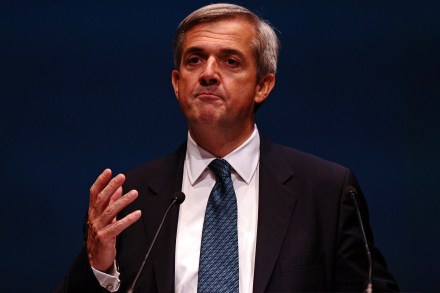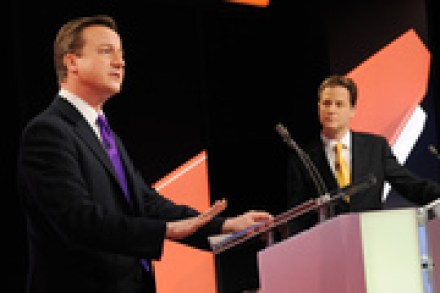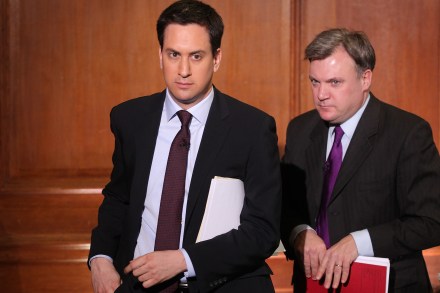Election day is here at last
The usual form, on mornings such as these, is to put up a post setting the scene for the elections ahead – although, really, there’s not much more to add than was said yesterday. Apart from a readers’ survey in the Metro this morning, the only poll to hit after yesterday’s ICM bombshell is a YouGov one for the Sun, and it gives No a 20-point lead. Even given the complications of turnout and geography, it looks as though Team No are heading for a straightforward victory. As if to underline his increased personal involvement in the campaign, and perhaps tie himself that little bit closer to the eventual result,


















